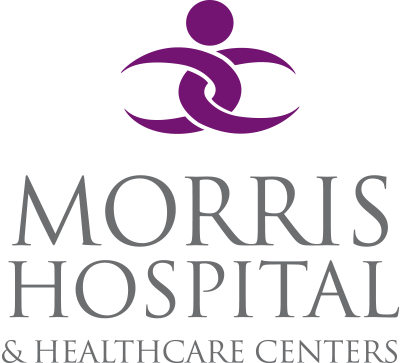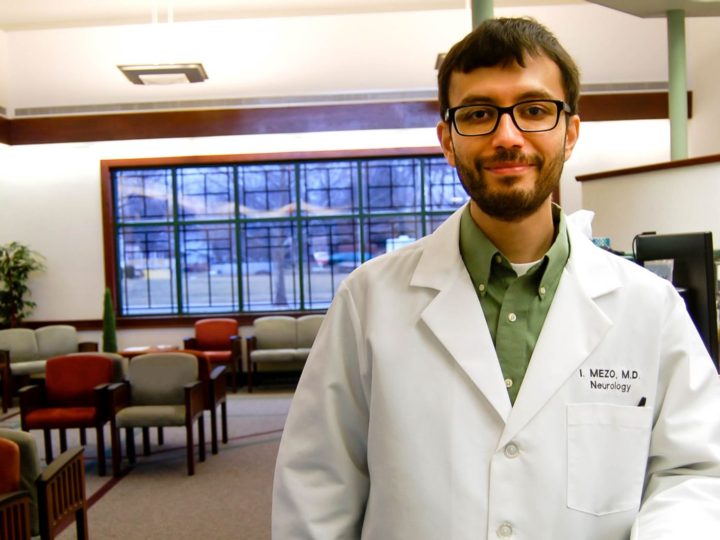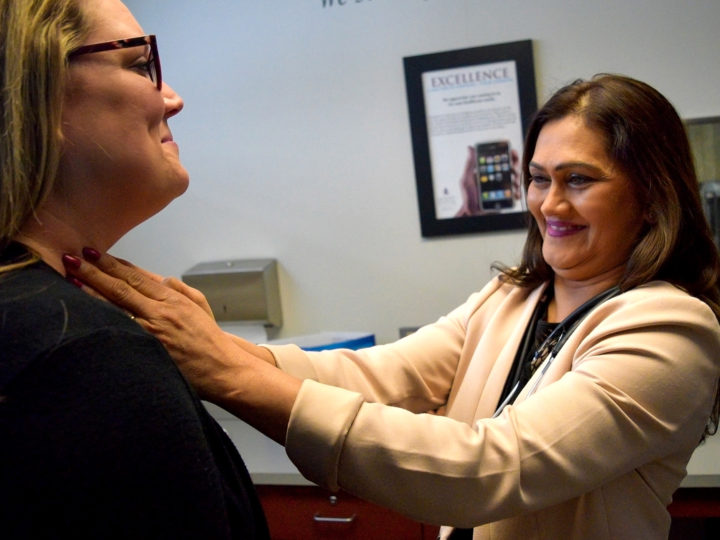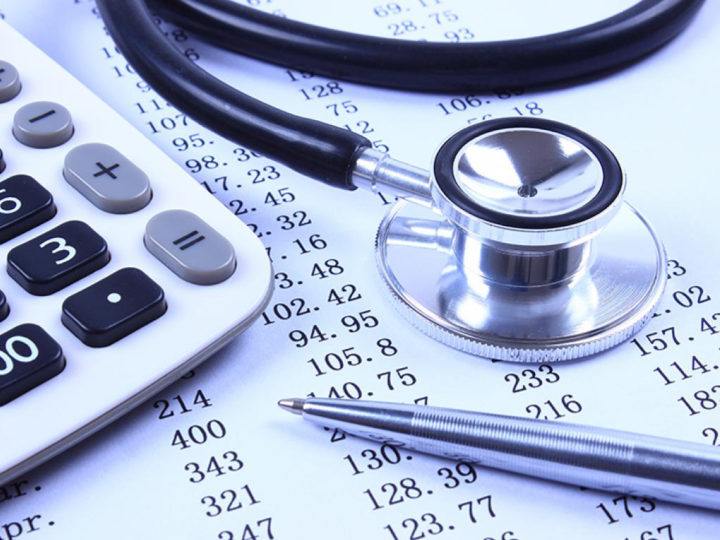PCOS is Common, but Under-Diagnosed
Polycystic Ovarian Syndrome (PCOS) is a condition that affects 10 to 20 percent of women in the United States, but is widely under-diagnosed. It’s important for women and teens to understand PCOS because it’s the most common multi-systemic metabolic disorder in females.
“A woman’s menstrual cycle is regulated by two hormones secreted by the pituitary gland in the brain,” said Dr. Nuzhat Chalisa, endocrinologist with Channahon Healthcare Center of Morris Hospital. “A balance between both hormones is necessary for normal menstruation. In patients with PCOS, there’s an imbalance of these hormones, which can lead to infertility, insulin resistance, and gestational and Type 2 diabetes.”
Common symptoms of PCOS include irregular periods, heavy or prolonged bleeding, painful periods, and an inability to conceive.
“Because of the hormone imbalance, a patient can also have acne, facial hair (more than normal for her ethnic group), and a waist measurement greater than 35 inches,” added Dr. Chalisa. “She may also have darker patches of skin in the neck folds, armpits, waistline folds and groin area.”
Since PCOS can prevent ovulation, it can also affect fertility.
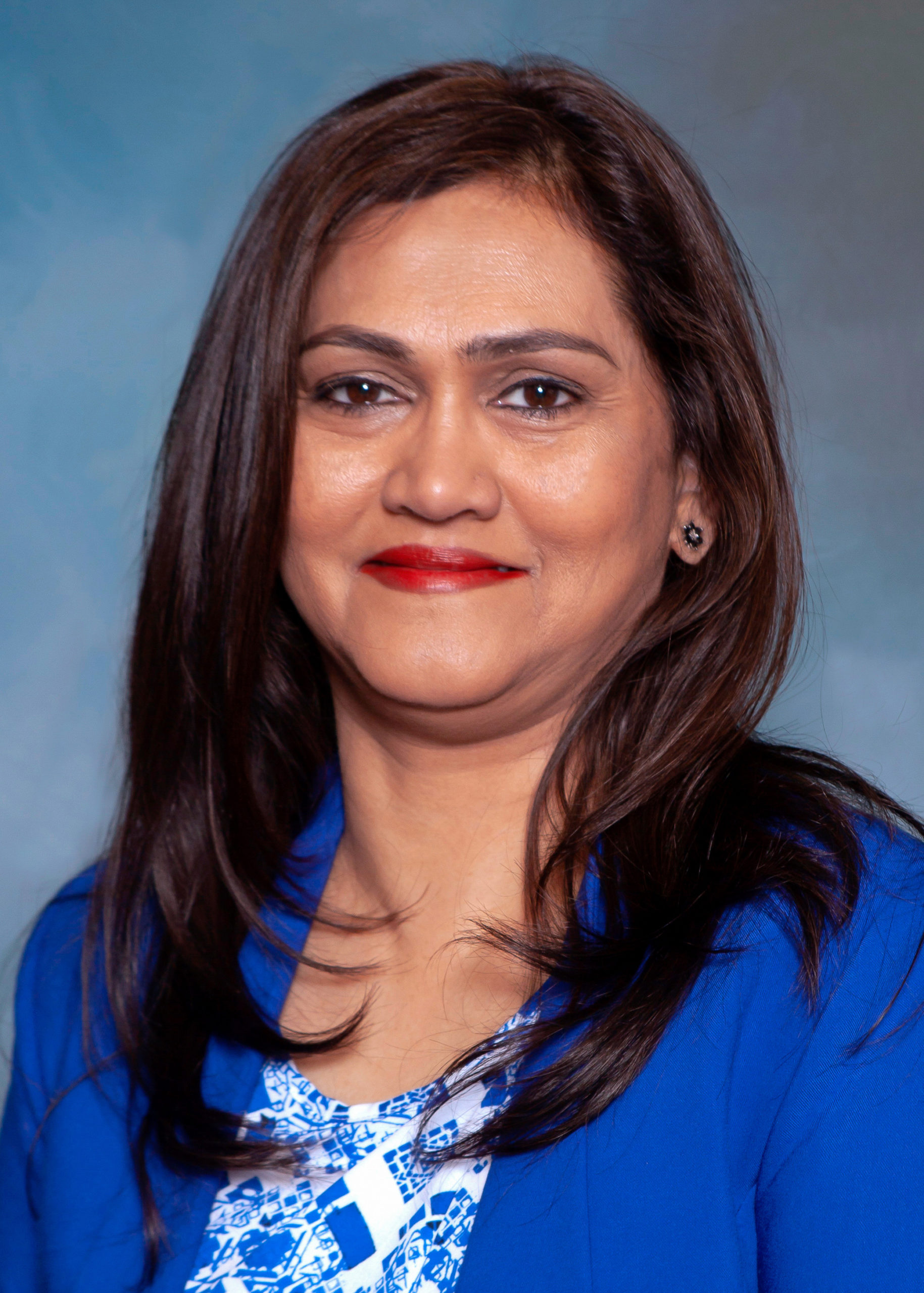
“Some patients have periods, but don’t ovulate,” Dr. Chalisa said. “They may have success with fertility drugs such as Clomid.”
Women with PCOS can also have an increased risk of miscarriage.
If left untreated, PCOS can lead to uterine and endometrial cancer in some patients. While there is no cure, PCOS can be managed to prevent further problems.
“Lifestyle modifications, including a balanced diet and regular exercise, are the main treatments,” Dr. Chalisa said. “A healthy weight and reduced blood glucose levels can help improve fertility.”
Hormone imbalances can be improved with oral contraceptive pills, insulin resistance and blood sugar levels can be managed with a drug called Metformin, and other symptoms like excessive hair growth can be managed cosmetically.
For more information, please contact:
Dr. Nuzhat Chalisa, Endocrinologist
Channahon Healthcare Center of Morris Hospital
25259 S. Reed Street
Channahon, IL 60410
Phone: (815) 467-0555
